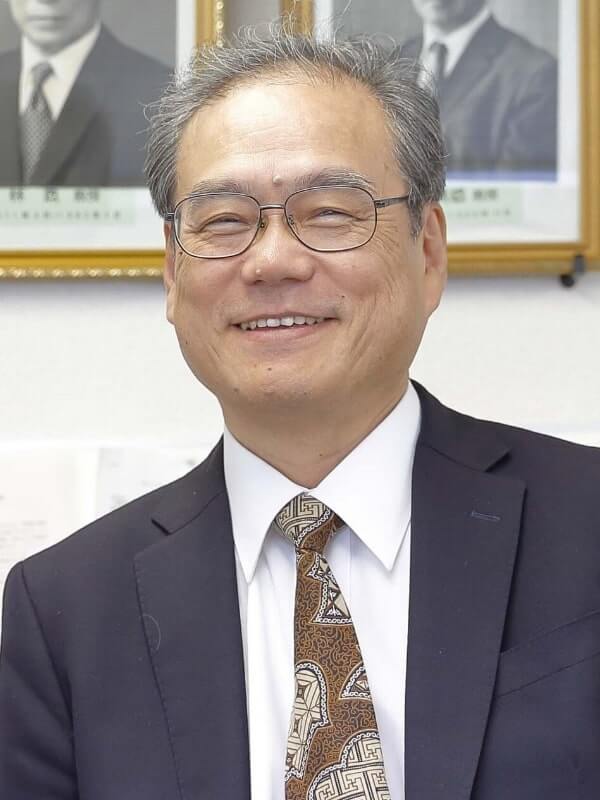From the Director of DIDA

Executive Advisor to the President (DEJIMA Infectious Disease Research Alliance)
Prof.
MORITA Kouichi
The international community failed to achieve the initial containment of COVID-19 that emerged at the end of 2019, and the pandemic has plagued us to this day. By rapidly implementing research, Western countries contributed to the global countermeasures against COVID-19 by commercializing antiviral drugs, antibody drugs, and mRNA vaccines by the end of 2020. On the other hand, Japan lags significantly behind in this field, and vaccines and therapeutics used in Japan are mostly those researched and produced in foreign countries. One reason is Japan’s lack of research capabilities to deal with various infectious diseases, including unknown contagious diseases.
The recent increase in emerging and reemerging infectious diseases, including COVID-19, is due to a combination of significant factors related to our economic and social activities: the increased contact between humans and unknown pathogens due to environmental destruction caused by the expansion of economic activities; the shortening and development of travel time for humans, goods, and animals due to globalization; and the change in the distribution of infectious diseases due to climate change (global warming). Now that the state of emergency for COVID-19 has ended, people are once again trying to regain their former way of life. However, we may continue encountering new infectious disease pandemics in the future, and we need to be prepared for them.
To cope with various infectious diseases, including unknown ones, it is essential to establish an analytical research and human resource development system and social system.
In particular, the following areas are urgently needed in the role of academia;
(1) Conducting proactive overseas research on infectious diseases that do not exist in Japan
(2) Establishment of research facilities, including BSL-4 facilities, capable of dealing with any pathogens
(3) Training of physicians specializing in the treatment of infectious diseases
Since the Research Institute for Endemic Diseases of East Asia (now the Institute of Tropical Medicine) was established in 1942, the University has continuously devoted itself to education and research on infectious diseases and developing its infrastructure. Currently, five departments are engaged in the above three areas through research and investigation at the centers for Infectious Disease Research in Asia and Africa (Institute of Tropical Medicine), development of pathogen handling facilities centered on the BSL-4 facility (established in the CCPID, April 2022), training of experts in advanced infectious disease countermeasures (Graduate School of Biomedical Sciences), and training of medical specialists in infectious diseases (University Hospital).
By visualizing talented human resources within the university, and with the cooperation of the School of Information and Data Sciences, the Graduate School of Economics, and the Graduate School of Global Humanities and Social Sciences, in addition to the School of Medicine, we aim to strengthen and streamline research on infectious diseases, while also reforming the organization to contribute to emergency responses in case of a pandemic, such as the “100-day Vaccine Initiative” presented by the G7 in 2021.




